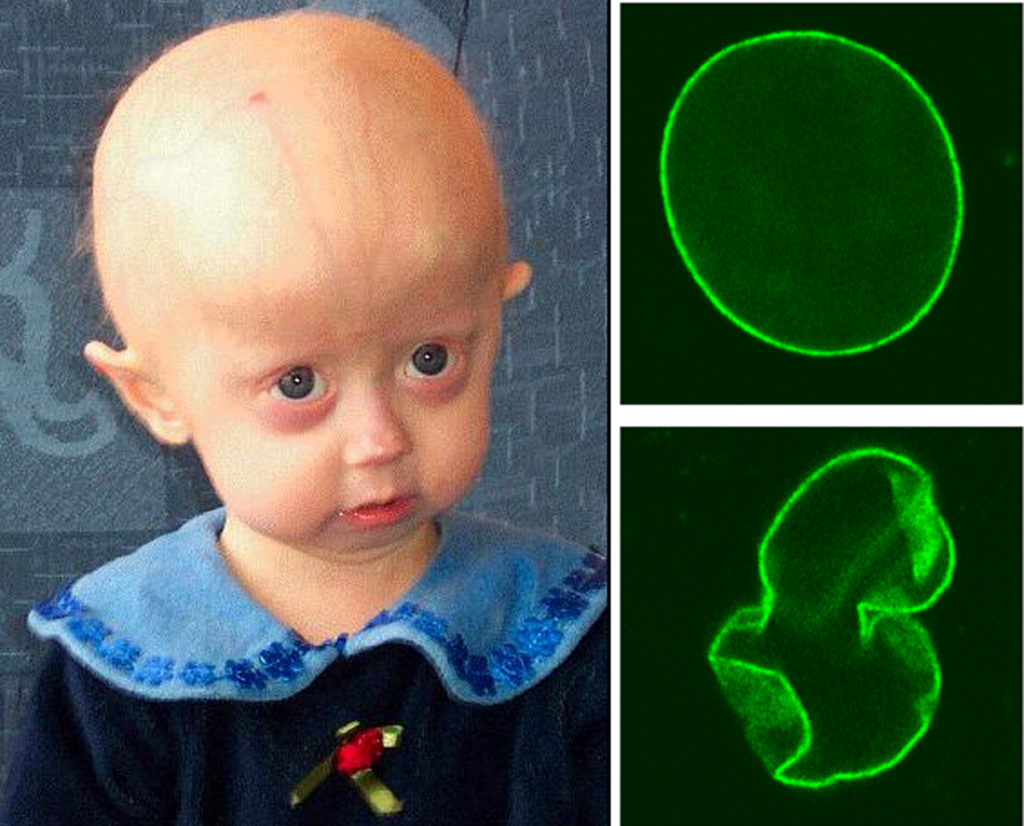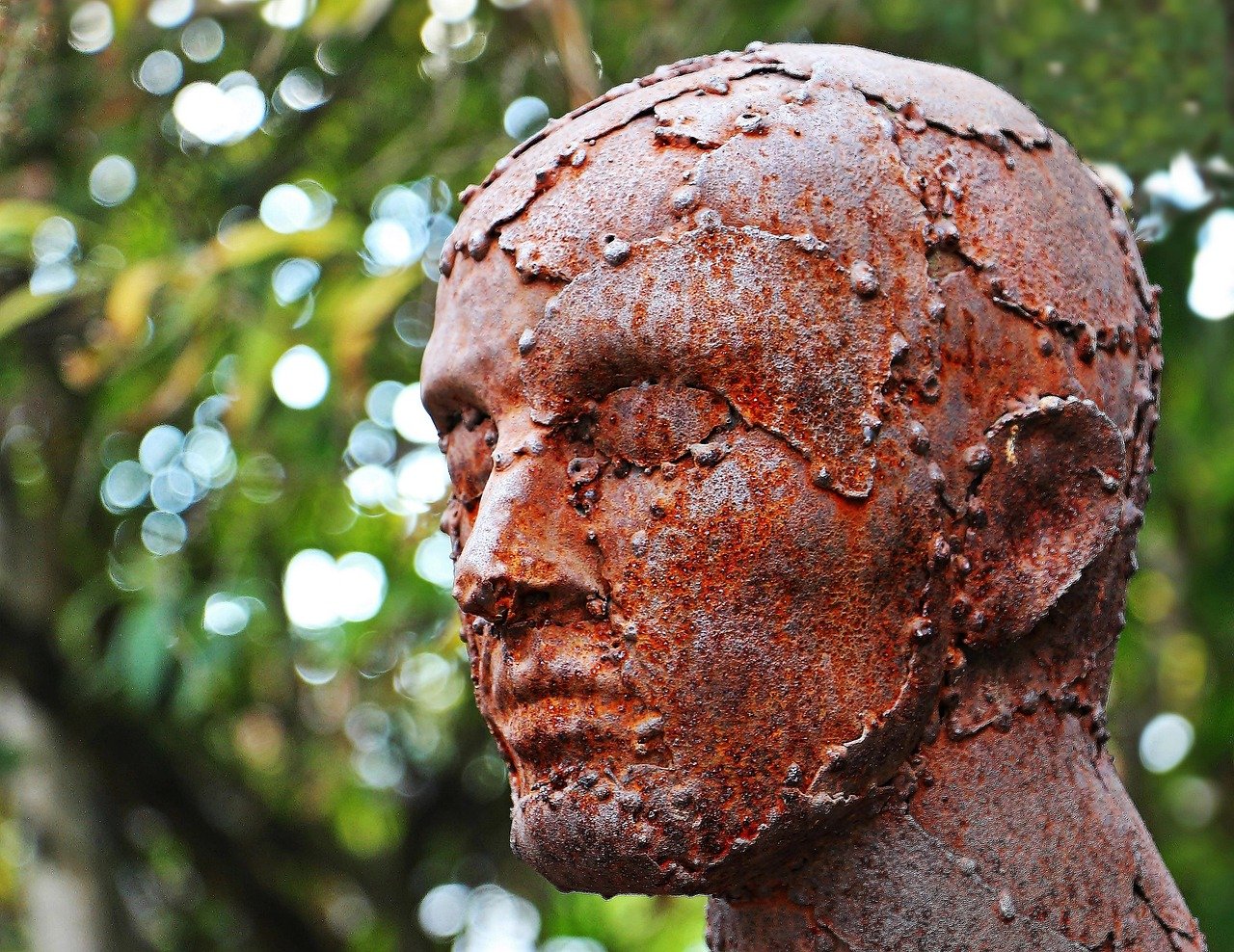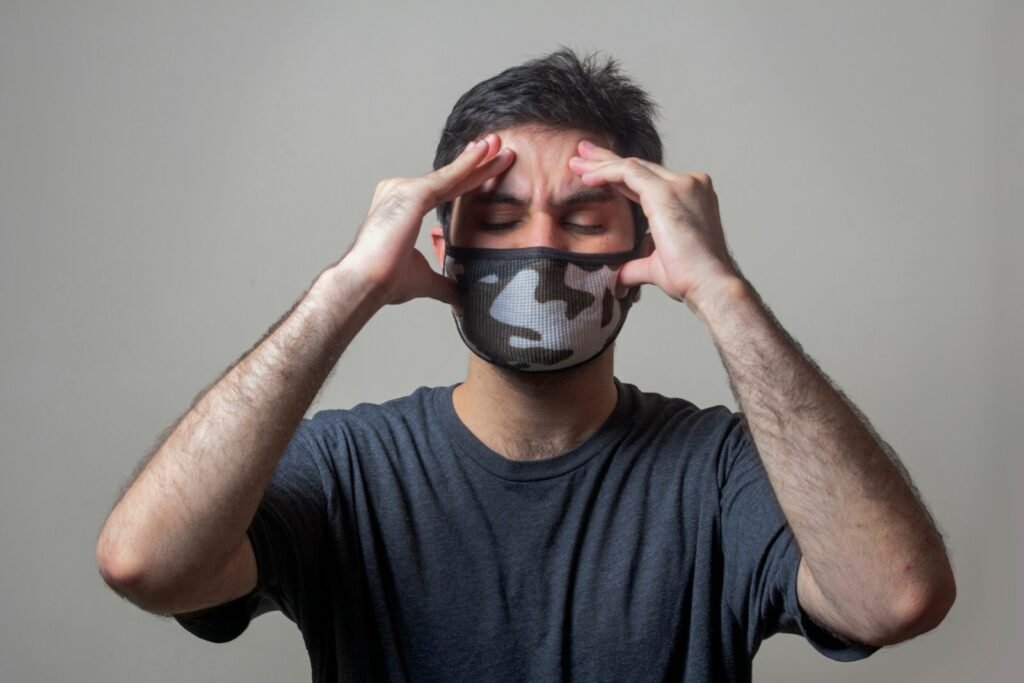Throughout history, medicine has encountered a vast range of baffling conditions that stretch the limits of human understanding. These rare ailments, while often misunderstood, have paved the way for groundbreaking research and compassion in treatment. As we explore these unusual medical phenomena, it is essential to approach the topic with empathy and curiosity, acknowledging both the challenges and insights they bring to the medical field.
Alien Hand Syndrome

Alien Hand Syndrome (AHS) is a rare neurological disorder that causes a person’s hand to act independently, seemingly with a mind of its own. Those affected might find their hand performing unintended actions, such as grabbing objects or interfering with tasks. Originating from damage or disconnection between the brain hemispheres, AHS challenges our understanding of voluntary action. Treatment is limited, often focusing on occupational therapy to help regain some control.
Progeria

Progeria is an extremely rare genetic disorder that accelerates aging at a startling rate. Children with progeria appear healthy at birth but rapidly develop signs of advanced age, such as hair loss, wrinkles, and cardiovascular issues. Despite ongoing research, a cure remains elusive. However, studies have greatly increased our understanding of the aging process.
Hypertrichosis

Hypertrichosis, sometimes referred to as “werewolf syndrome,” is characterized by excessive hair growth all over the body. This can occur at birth or develop over time, often leading to social stigma. Though genetic mutations are often responsible for the condition, treatments such as laser hair removal can help manage symptoms. The study of hypertrichosis has opened doors to better understanding genetic disorders and hair growth mechanisms.
Stone Man Syndrome

Stone Man Syndrome, scientifically known as Fibrodysplasia Ossificans Progressiva (FOP), causes muscles and soft tissues to gradually transform into bone. This progressive metamorphosis severely limits movement and function, turning the body into a second skeleton. FOP is caused by a mutation in the body’s repair mechanism, emphasizing the delicate balance within our developmental processes.
Exploding Head Syndrome

Exploding Head Syndrome (EHS) is a parasomnia event characterized by the perception of loud noises or explosive sounds when falling asleep or waking up. Despite its frightening nature, EHS is harmless and devoid of actual explosive activity. Linked to stress and fatigue, the condition highlights the complexity of human brainwave activity during sleep transitions.
Cotard’s Delusion

Cotard’s Delusion, or Walking Corpse Syndrome, is a rare psychiatric condition where sufferers believe they are dead, non-existent, or decomposing. This delusion often accompanies severe depression or other mental disorders. Named after French neurologist Jules Cotard, the condition underscores the fragile connection between perception and reality, and it often requires psychiatric intervention.
Münchausen Syndrome by Proxy

Münchausen Syndrome by Proxy (MSBP) involves caregivers inducing symptoms or fabricating medical histories in those under their care, often to draw attention or sympathy. This form of abuse is complex, requiring intervention from both medical and psychological professionals. Understanding MSBP has shaped our approach to safeguarding vulnerable individuals and detecting abuse.
Kleine-Levin Syndrome

Often termed “Sleeping Beauty Syndrome,” Kleine-Levin Syndrome is a neurological condition causing excessive sleep, up to 20 hours a day, coupled with altered behavior. Patients may experience cognitive disruptions, mood changes, and increased appetite. Episodes can last days or weeks and recur unpredictably, posing significant life challenges. Research into this syndrome continues to explore its triggers and potential treatments.
Foreign Accent Syndrome

Foreign Accent Syndrome (FAS) is a rare condition in which a person suddenly starts speaking with a foreign accent. This can occur after traumatic brain injury or stroke and is linked to changes in the speech center of the brain. While the condition is not fully understood, it illustrates the intricate workings of language processing and accent formation within the human brain.
Alice in Wonderland Syndrome

Alice in Wonderland Syndrome affects perception, causing distortions in size and distance of objects. Named after Lewis Carroll’s fictional character, the syndrome is often linked to migraines, epilepsy, or viral infections. These episodes, although temporary, reveal the brain’s powerful role in interpreting sensory information and perception.
Conclusion

Medical conditions like those discussed above remind us of the endless complexities within the human body and mind. While many of these disorders remain enigmas, their study has continually pushed the boundaries of medical knowledge and treatment. Whether through curiosity or empathy, our continued exploration and understanding of such conditions celebrate the resilience of the human spirit and offer hope for future breakthroughs.




